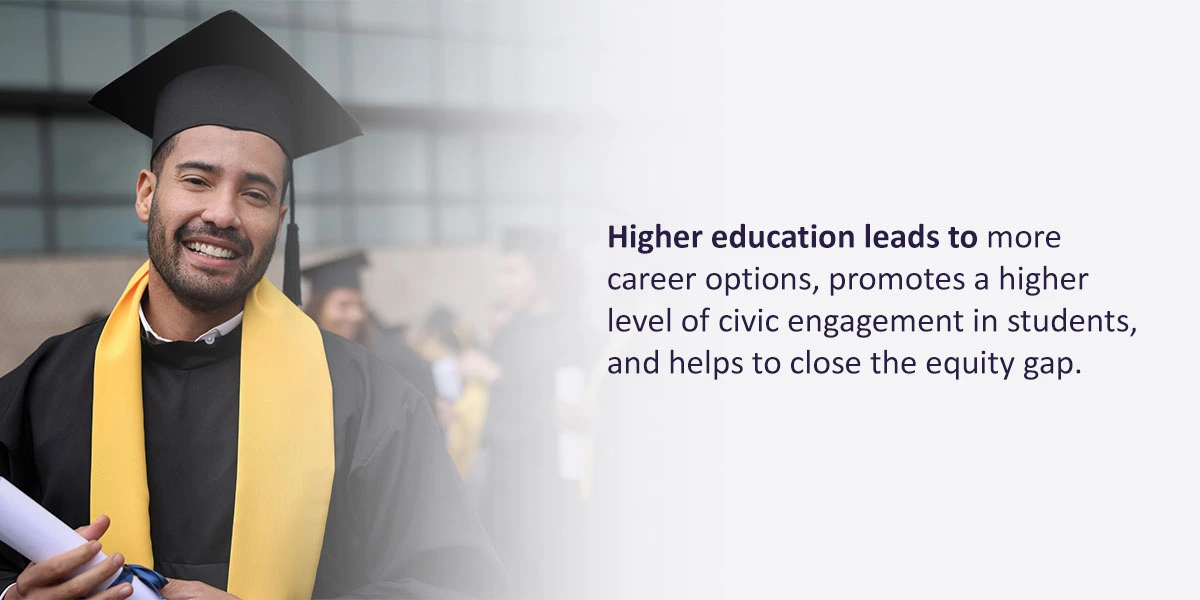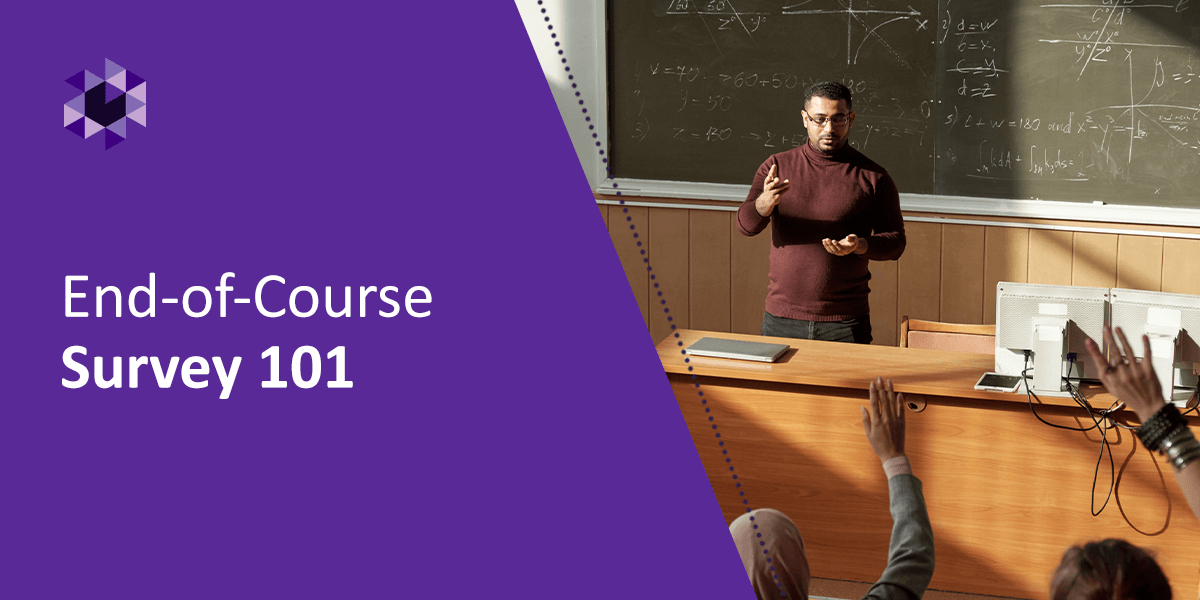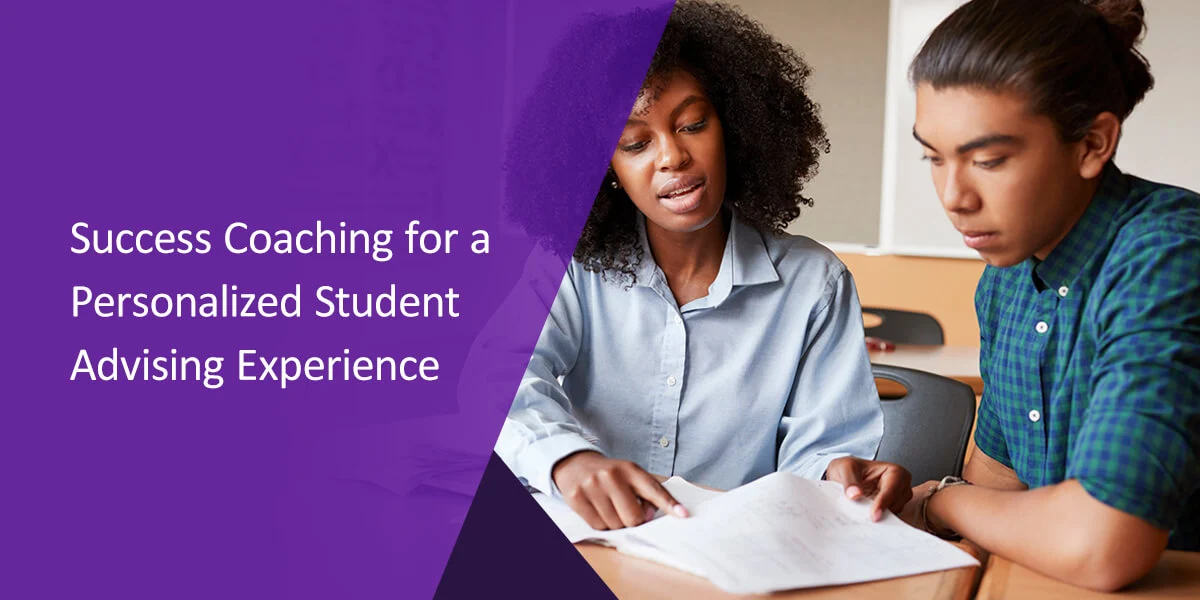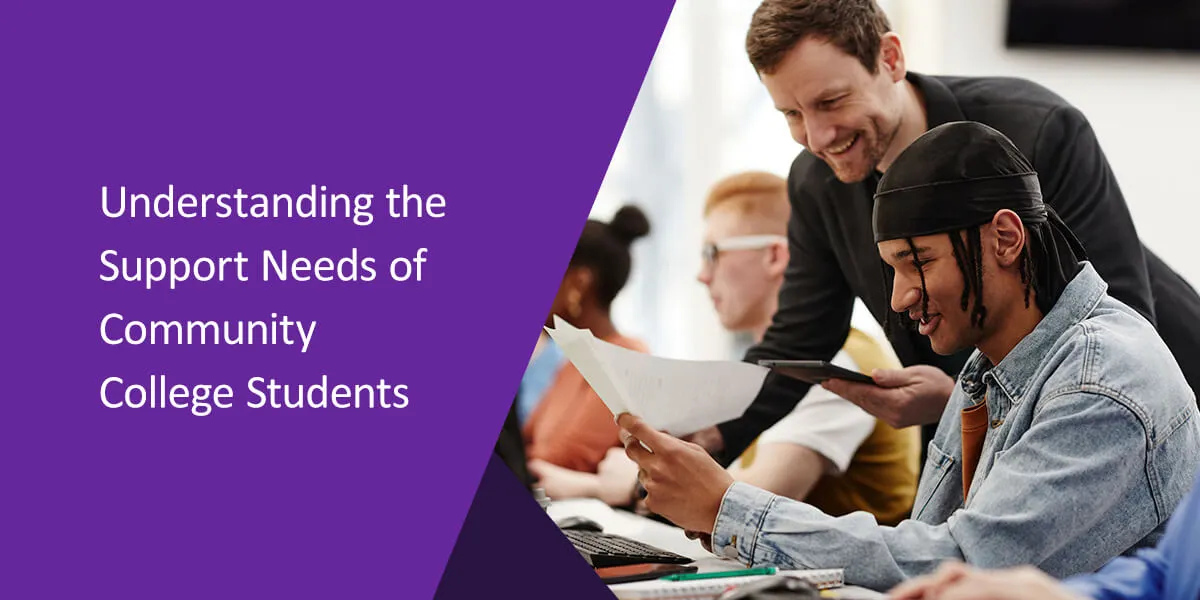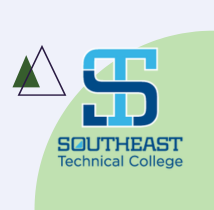



When we talk about “equity” in higher education, we mean creating “fairness” in education so that all students have access to what they need in order to achieve academic success. An “equity solution,” then, would be a way forward towards creating the path to achieving that equity. Creating that path, however, is easier said than done, and there is no one-size-fits-all approach. Given that there are many roads to achieving an equity solution for higher ed and ed tech, institutions should first think about what goes into creating that equitable path.
“Success coaching is an advising approach that is customized to the needs and goals of each individual student, providing support and guidance for both academic and non-academic needs. Focusing on a holistic and proactive approach to advising, technology-enabled success coaching supports not just the student, but the person and their unique situation.”
— Alexander Leader, CIO, Watermark Insights
In a 2016 article published by the Association of American Colleges and Universities (AACU) titled “Five Principles for Enacting Equity by Design,” the article’s authors acknowledge that higher education equity reform efforts must be “infused with an awareness of the ways in which many groups within US society have been historically excluded from educational opportunities, or marginalized within the structures and institutions that house those opportunities.”
The article goes on to state that, “we have characterized this awareness as equity-mindedness—a way of approaching educational reform that foregrounds the policies and practices contributing to disparities in educational achievement and abstains from blaming students for those accumulated disparities.”
Article authors Estela Mara Bensimon, Alicia C. Dowd, and Keith Witham then highlighted five principles to helping achieve equity reform:
“If you are willing to increase your cultural awareness and fluency, you can connect with most folks on some level, that is what it’s all about. Using this equitable mindset provides an opportunity to forge something great that transcends any similarities, or differences, in how we identify.”
— Jairo McMican, Dean of Student Learning at Central Carolina Community College and Director of Equity Pathways at the North Carolina Student Success Center.
In an effort to learn what actions learning institutions are already taking to create an equity solution, Aviso Retention asked higher education institutions, “What is your higher education institution doing to help close the equity gap?” More than one hundred institutions answered our question. From implicit bias training to assigning student success coaches in early transition courses to creating a Diversity Strategic Plan, higher learning institutions across the country have made implementing an equity solution a priority for their campus. Here are just a small sample of the equity solutions we received, which range from the simple to the complex, including:
Helping build community college capacity to identify equity gaps and devise strategies to address them.
Like Aviso Retention, some of these institutions are working with Achieving the Dream, the Bill and Melinda Gates Foundation, and the Advising Success Network – researching, communicating, and implementing best practices to achieve more equitable institutions.
Given that there are many solutions to creating equity, and with the principles of equity-mindedness at the forefront, Aviso created an equity solution that has proven successful through its First in the World (FITW) research program with DVP-PRAXIS. The FITW program was designed to determine if proactive and individualized success coaching would improve student retention. Working in partnership with 10 community college programs, Aviso applied a combination of targeted success coaching, predictive analytics, technology supports, and business process changes. The research results showed that by providing proactive (early) alerts for at-risk students and custom communications, we are able to support the most at-risk and underserved students with success.
In addition, As part of our ongoing commitment to closing the racial equity gap, Aviso Retention partnered with North Carolina Community College System (NCCCS) and Dr. J.J. Evans, NCCCS Associate Director of Student Life to conduct this important research including 9 institutions to develop the Minority Male Success Initiative (MMSI), addressing and increasing the progression and completion rates of minority male students. By encouraging participation and collaboration with students, Aviso seeks to increase student success, maximize student and departmental participation, and increase program effectiveness and efficiency at these institutions and beyond. For Aviso, this research is a catalyst for developing a process to help minority males achieve student success on college campuses nationwide.
By combining best practices, advanced technology, and millions of engagements, Aviso has been able to turn measured results into an automated engagement engine that learns where risk lies and how and where higher education institutions can optimize their impact.
Equity solutions that address students’ challenges at the precise moment when they can be turned into an opportunity allows student success coaches to engage with students in ways that foster relationships and enhances student learning and engagement with the institution’s learning community in order to help close the equity gap.




































































